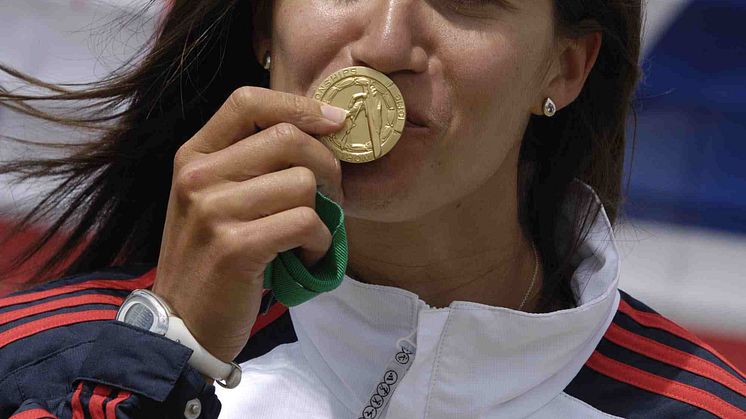
Press release -
When managers attack: Coaches who care about pundits’ opinions worse at controlling anger
The notoriously short fuses of some sports coaches could be explained by excessive concern with how they will be seen by others, according to new research.
A study by academics at Northumbria University and the University of Leeds found coaches who were more focussed on their own high standards and less interested in the opinions of others were significantly better at controlling feelings of anger than those who were very focussed on others’ opinions of their performance.
Dr Paul Davis, Senior Lecturer in Sport at Northumbria University, co-authored the study. He said: “The pursuit of perfect performance drives some coaches, but the dynamic nature of sport sets them up to experience intense emotions when their standards are not met.
“Moreover, emotions are contagious; a coach who is unable to regulate their own anger may actually undermine an athlete’s performance. In a worst case scenario, a coach that has limited capacity to regulate their emotions is putting themselves in a position where they may end up doing the one thing they really want to avoid.”
The researchers surveyed 238 coaches across a wide range of sports including football, rugby, hockey, netball, swimming and horse riding. Most of the coaches were involved in amateur sport and their average age was 24.
The results show that those with “high personal standards perfectionism” – meaning that they set their own high standards and focused less on other people’s evaluations – were relatively good at regulating their emotions. They showed more ability to reappraise negative feelings and see situations in a more constructive manner.
Coaches who placed a higher emphasis on perceived pressures from others were prone to a fear of making mistakes. They had less control over their emotions and were more at risk of losing control of angry feelings.
Dr Andrew Hill, lecturer in sports and exercise science in the University of Leeds’ Faculty of Biological Sciences, who led the study, said: “Outbursts of anger from coaches are a familiar feature of many sports and many different levels—from Alan Pardew’s headbutt to a recent attack by a coach on a linesman in an Under-14 rugby match. This isn’t good for anybody. You want a calm and analytic mind on the sidelines, but we found that some features of personality may make this more difficult.
“Those who believe others expect them to be perfect appear to have more difficulty controlling their emotions. As a consequence, they will be more prone to emotional outbursts.”
The findings are published online in ‘Perfectionism and Emotion Regulation in Coaches: A test of the 2 X 2 model of dispositional perfectionism’ in the journal ‘Motivation and Emotion’.
Date posted: March 31, 2014
Topics
Categories
Northumbria is a research-rich, business-focussed, professional university with a global reputation for academic excellence. To find out more about our courses go towww.northumbria.ac.uk
If you have a media enquiry please contact our Media and Communications team at media.communications@northumbria.ac.uk or call 0191 227 4571.









